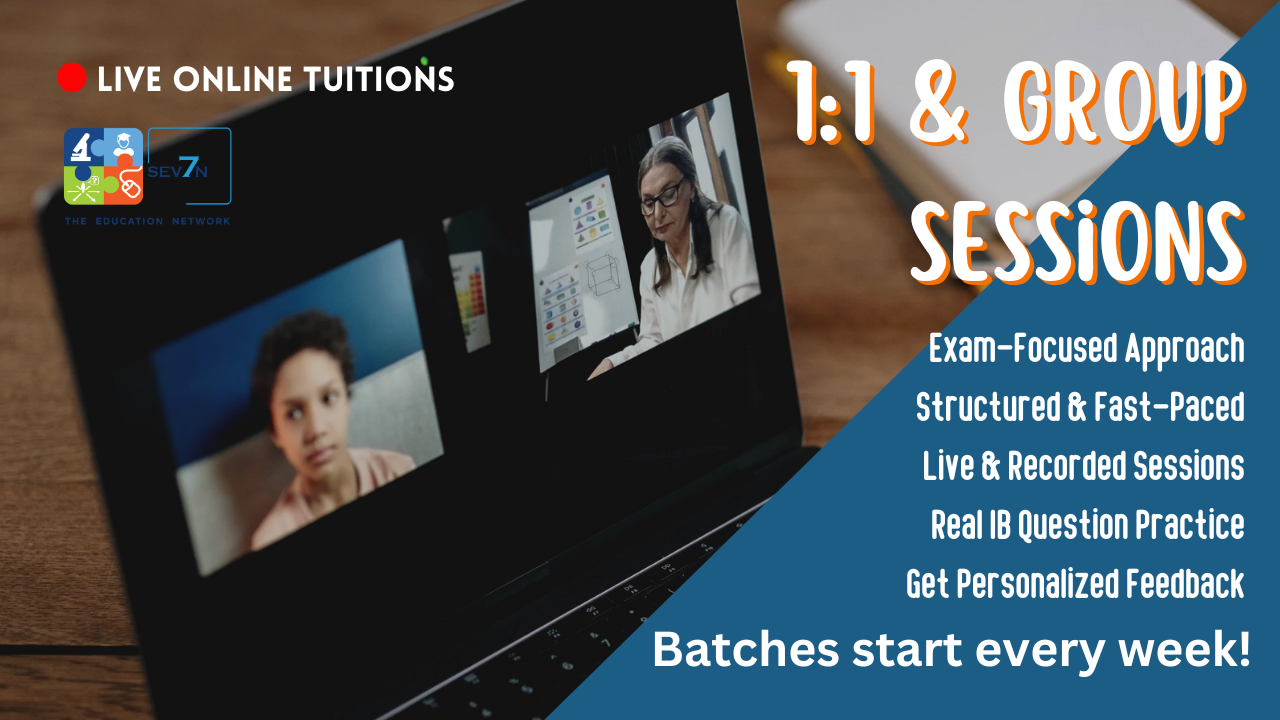Meaning of Responsibility in TOK
In TOK, responsibility is about making thoughtful and ethical choices when dealing with information and knowledge. It’s about asking not just “Can I?” but “Should I?” when you come across new data or opportunities to spread information. This could mean:
- Ensuring accuracy: Making sure that the information you share is true and not misleading.
- Considering consequences: Thinking about how using or sharing this information might affect others.
- Respecting ownership: Acknowledging and crediting the original sources of information.
 IBDP tutoring online
IBDP tutoring online
Related Theories
There are a few philosophical theories that tie into the concept of responsibility in TOK:
- Ethical Relativism: This theory suggests that what is right or wrong depends on the individual culture’s beliefs. In TOK, this raises questions about whether responsibilities change from one culture to another, especially when sharing knowledge that crosses cultural boundaries.
- Utilitarianism: This is about considering the outcomes of your actions—specifically, choosing the action that provides the greatest good for the greatest number. In the context of knowledge, it means thinking about how sharing or withholding information could benefit or harm the most people.
- Deontology: This theory focuses on duty and the intrinsic rightness or wrongness of actions, regardless of their consequences. From a TOK perspective, it could mean having a duty to share important knowledge even if it might have negative repercussions, because sharing knowledge is considered inherently right.
🏆 Boost Your IB Predicted Grades – Join Us Today!
Knowledge Issues
The concept of responsibility in TOK directly addresses several knowledge issues, such as:
- Bias and Objectivity: How does the responsibility to remain unbiased influence the way knowledge is produced and shared? Are researchers and reporters fully aware of their own biases when they claim to be objective?
- Access to Information: Who has the right to access certain kinds of knowledge? What responsibilities do knowledge creators have to make their findings available to the public?
- Ethical Implications: What are the ethical considerations in using knowledge obtained through potentially harmful methods, such as experiments on animals or data breaches?
- Digital Ethics: In the age of the internet, what responsibilities do users have when sharing information online? How do issues like “fake news” and digital privacy affect our responsibilities as knowledgeable citizens?
In practice, addressing these issues in TOK involves examining real-world scenarios where ethical considerations about the creation and dissemination of knowledge come into play. It could be discussing the implications of a controversial scientific study, the ethics of journalism in war zones, or the debate over privacy versus security in government surveillance.
 IBDP Chemistry HL/SL tuition
IBDP Chemistry HL/SL tuition
Table of Contents
1. Defining Responsibility in TOK
Ethical Theories & Knowledge Ownership
Explore the concept of responsibility through ethical frameworks like Deontology, Utilitarianism, and Relativism, focusing on bias, information access, and the duties of digital citizenship.
2. Crafting Knowledge Questions on Responsibility
Ethics, Culture & Impact
Engage with KQs such as:
-
How do ethical obligations shape knowledge sharing?
-
What responsibilities do knowledge creators bear?
These help unpack the balance between ethical duty and the pursuit of knowledge.
3. Analysing Responsibility through the TOK Framework
Scope, Perspectives, Methods & Ethics
Use the framework to deepen a KQ like:
“What responsibilities do knowledge creators have for the impact of their discoveries?”
-
Scope – Domain-specific responsibilities
-
Perspectives – Cultural and professional views
-
Methods & Tools – Ethical research practices
-
Ethics – Moral implications of knowledge outcomes
4. Linking Responsibility with Optional Themes
Technology, Religion, and Indigenous Knowledge
Connect responsibility to TOK themes through real-life cases and TED Talks:
-
Tech – Data privacy, ethical AI
-
Indigenous Societies – Cultural respect
-
Religion – Ethical leadership and tolerance
5. Stimulating Discussions on Responsibility
Critical Thinking through Ethical Dilemmas
Use case-based dialogue (e.g., scientists, historians, developers) to explore the far-reaching effects of knowledge creation, promoting reflection and IB learner attributes like principled and open-mindedness.
6. Responsibility in TOK Essays: AOK Applications
Ethical Analysis Across Disciplines
Discuss how responsibility manifests in various AOKs:
-
Natural Sciences – Research ethics, environmental impact
-
History – Truthfulness and perspective
-
The Arts – Cultural sensitivity and moral boundaries
This fosters critical thinking and helps construct nuanced knowledge claims.
7. Responsibility in TOK Exhibitions
Object Selection & Ethical Insight
Justify the inclusion of objects (e.g., smartphones) that embody ethical dilemmas in knowledge production or use. Analyse how responsibility informs our engagement with innovation, privacy, and social consequences.






